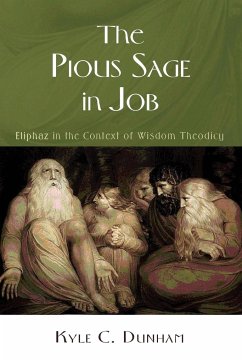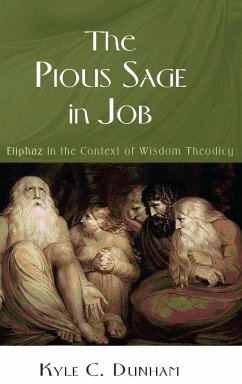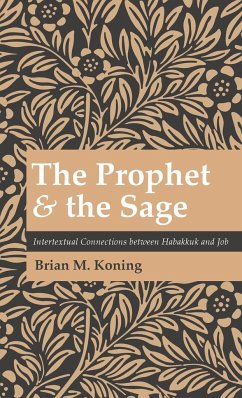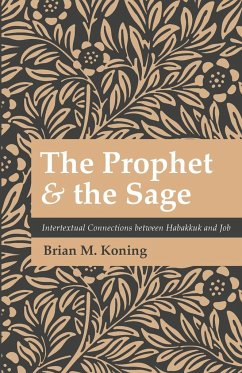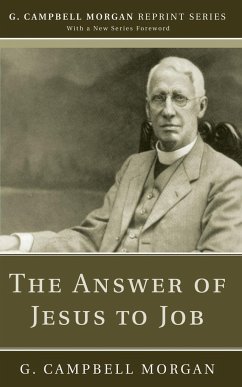Due to the complexity of the speech-cycles in the book of Job, scholars have struggled to resolve interpretive tensions in the author's characterization of Job's three friends. This book focuses on the significance of the ancient Near Eastern social and wisdom contexts for understanding the role that Eliphaz, the leading sage-counselor, fulfills in Job. Given the likely Edomite provenance of Eliphaz and the archaeological evidence linking the respective Israelite and Edomite schools of wisdom, Eliphaz articulates a polished wisdom tradition, the epitome of a worldview shared by Job prior to his calamity. Beyond a simplistic retribution perspective, Eliphaz draws from and refines each of the established sources of wisdom--experience, tradition, and revelation--to ground his counsel and censure of Job. Although Eliphaz is expected to exemplify the role of distinguished counselor-advocate in leading Job out of suffering into reconciliation with God, his ineffectual efforts highlight a significant purpose for the book of Job. The Joban author masterfully undermines conventional wisdom theodicy by exposing its inadequacy to reconcile the suffering of the righteous with divine compassion and sovereignty.
Hinweis: Dieser Artikel kann nur an eine deutsche Lieferadresse ausgeliefert werden.
Hinweis: Dieser Artikel kann nur an eine deutsche Lieferadresse ausgeliefert werden.

